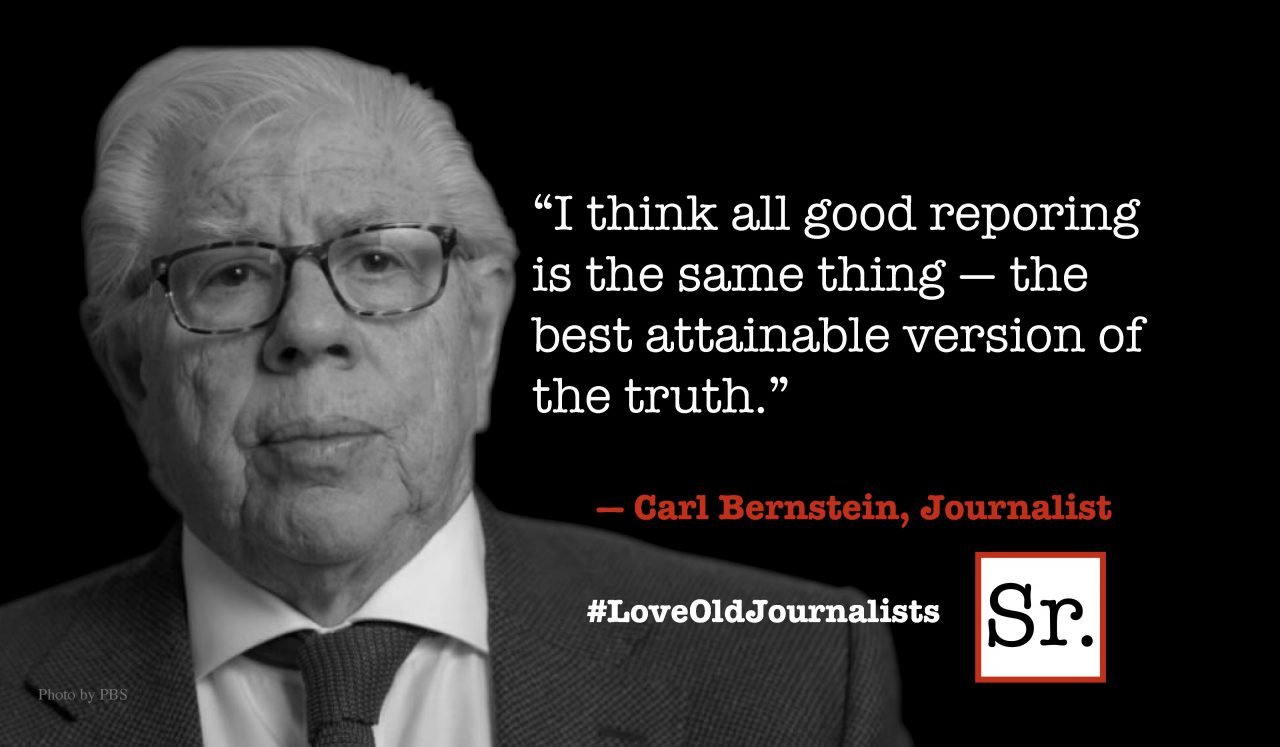Driving in southern California recently, listening to talk radio, I heard a commercial for a Christian private school. The spokesperson went on and on about their very high test scores, the very high percentage of their students who go to top-rated universities and other very high academic statistics. Send your child to very high score academy! We will bring out the best in your child!
Really? I was amazed that in the commercial, the word “character” was not mentioned once. It was all about grades, test scores, scholarships and the like, reflecting and exploiting the obsession today’s parents have with this trivia. “Trivia? Hello? Are you hopelessly stuck in the past, John, or what? Don’t you realize how important it is for a kid to get into the right school? Why, everything hinges on what college one gets into!”
No it doesn’t. A poll of top executives, many of whom run Fortune 500 companies, found that quite a number of them went to “ordinary” schools like Western Illinois University, which just happens to be my alma mater. You ever hear of it? No? Fancy that!
Nor do high grades make the individual. That includes test scores, class rank, or being in honors classes. If they did, all highly successful (by whatever standard) people would come from the top 10 percent of their classes. They don’t. Some were quite ordinary students. A pediatrician friend of mine never made a grand total of two A’s in undergraduate school. Another pediatrician friend of mind dropped out of high school and spent time in the military before getting his G.E.D and then going to college.
And then there are the many stories of people who were high achievers in school, went to top-ranked universities, and never lived up to expectations. I know or know of several such people. One has lived on the public dole most of his life. Another became addicted to gambling, lost his job, lost his family and dropped out of sight.
In the 14th Century, William of Wykeham penned the motto of Winchester College and New College, Oxford: Manners maketh man. An individual’s manners are a reflection of his or her character, so an apt paraphrase of the motto is “It’s all about one’s character!” That’s as true today as it always has been.
The C-student who always does his best and strives to improve is going to go further in life than the A-student who is a slacker. If you’ve ever been to a high school reunion, you’ve seen the proof of that. The person voted most likely to succeed didn’t, and the person who was hardly noticed in high school became a high achiever as an adult. And best of all, he’s a nice guy who supports worthy causes in his community.
As was known seven centuries ago, one’s manners are a reflection of one’s character. Furthermore, it is by learning and practicing social courtesies that a child develops good character. Training in manners teaches a child to pay attention to others and look for opportunities to be of service to them, even in small ways like opening doors and helping carry things.
A life well led is not defined in terms of how much money one makes or one’s title. It is defined by service to others. And service to others equates to humility and modesty, which the world needs a whole lot more of these days.
Family psychologist John Rosemond answers parents’ questions on his website at www.rosemond.com.








